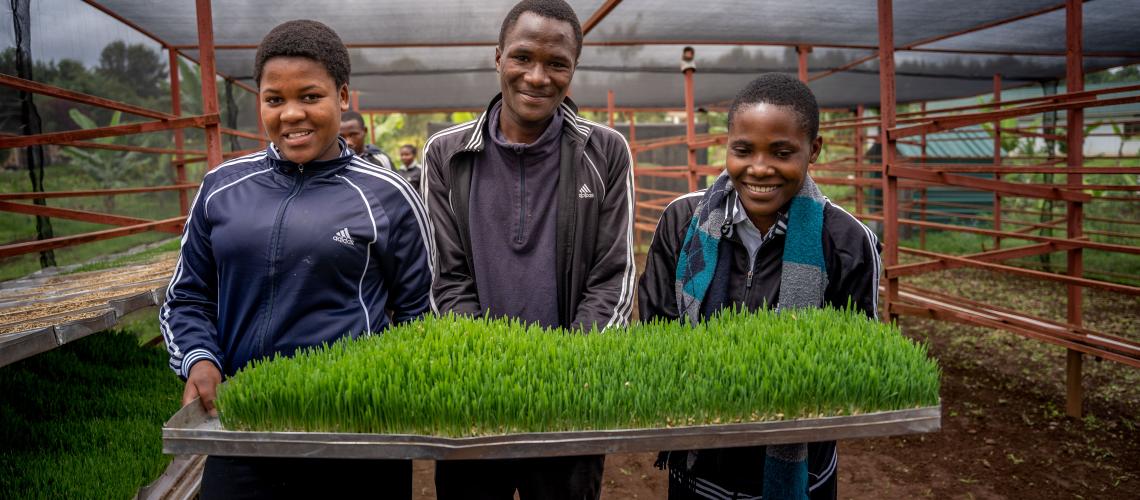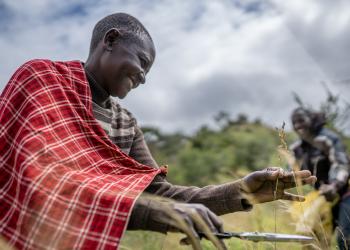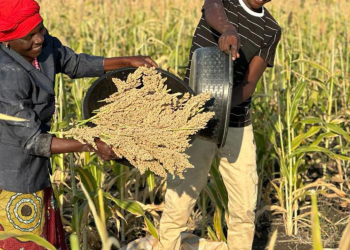
Eastern & Southern Africa
Tanzania is an East African country known for its rich biodiversity and landscapes, such as national parks, national reserves, and the tropical island of Zanzibar. Its lower income economy is overwhelmingly dependent on rainfed agriculture, mining and tourism which are most vulnerable to climate related hazards. The most prevalent hazards are floods, epidemics, drought, earthquakes and storms. It is estimated that more than 20% of the population is exposed to drought. The mining sector also increases the risk of water and land contamination accidents.
Following requests from the Prime Minister’s Office-Disaster Management Department on 29th November 2021 and the Second Vice President’s Office of Zanzibar on 6th May 2022, the UN RCO in Tanzania coordinated a scoping mission in Dodoma, Dar es Salaam, and Zanzibar from 19th - 21st July, led by FAO, IOM, and UNFPA, to outline the objectives, thematic focus, modalities, and timeline for a CADRI Partnership capacity diagnosis. Building on this, in October 2022, the CADRI Partnership undertook a capacity diagnosis mission in Tanzania. The mission assessed DRM policies and frameworks in line with the Sendai Framework, focusing on risk governance, resilience investment, and preparedness, while offering recommendations to address local gaps, integrate DRR into priority sectors, and support resource mobilization.Technical validation workshops were held in the first half of 2023 in Tanzania Mainland and Zanzibar. These workshops, led by an inter-agency team spearheaded by WFP, gathered nearly 100 representatives from 20 organizations to strengthen coordination on the national DRR/CCA agenda under the 2022–2027 UNSDCF. By November 2023, the capacity diagnosis report was finalized and submitted to the government, providing the evidence base for a UNCT-led programme on resource mobilization and subsequent policy and sectoral reforms. The CADRI process also supported Zanzibar’s review of the 2011 Disaster Management Policy to emphasize prevention and preparedness, informed UN agency programming, and is expected to guide future joint planning. Follow-up actions include IOM expanding DRR investments, CARE Tanzania mobilizing resources to respond to disasters in 2023/2024, and recommendations being applied across sectors such as health, education, WASH, and social protection. The process has also contributed to community-level capacity building and multi-hazard risk assessments.

 ENGLISH
ENGLISHTanzania Capacity Diagnosis Report
27 Feb 2024 ENGLISH
ENGLISHTanzania Policymaker's Digest
27 Feb 2024
